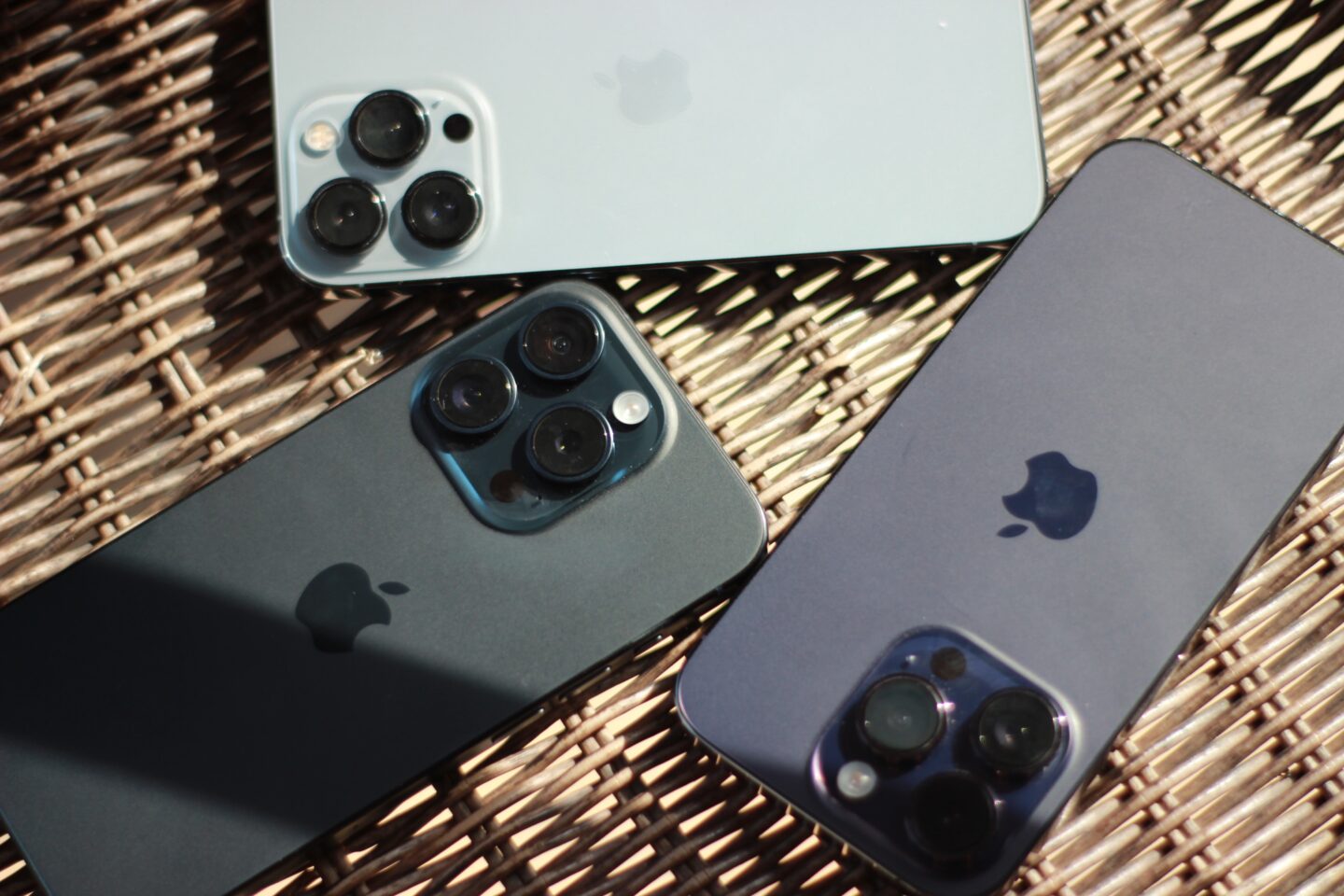Apple would not have expected everyone to love its new “Mother Earth” video, which it presented during its September 2023 launch event for the iPhone 15. The film, with a cast including Apple CEO Tim Cook and Oscar-winning actor Octavia Spencer, sought to profile the technology giant’s progress on making all its products carbon-neutral by 2030. Inevitably, critics of the world’s largest company were anxious to point to areas where they believed Apple had not moved fast enough.
With customers, employees, regulators, and other stakeholders all pressing them to clean up their act, companies want to show they are responding. But doing so naturally prompts scrutiny of their perceived shortcomings – and can even result in accusations of greenwashing.
Apple, more than most, may feel a little hard done by. This, after all, is a company that has won praise from organizations such as Greenpeace for its policies and actions, particularly in respect of its supply chain. Nevertheless, it’s difficult to have too much sympathy for a company whose very business model is built on a fundamentally unsustainable premise. After all, to sell its iPhone 15, Apple must persuade owners of other recent, perfectly functioning – but now superseded – models that they need a new phone.
In the end, Apple, like most consumer companies, is a business on a mission to sell stuff. Indeed, it’s part of an electronics industry in which the concept of “planned obsolescence” is inherent; that is, products are built to have a short lifecycle. Where businesses once sought to compete on reliability and durability, many now depend on a model of constant replacement.
Nor do cellphone manufacturers have a particularly good record on recycling and reuse. Every single year, around 150 million handsets end up in landfill sites worldwide. The GSMA, the industry’s trade association, has launched an initiative to develop a circular model for the cellphone industry, but it has a long way to go to achieve its aims.








